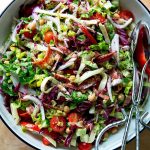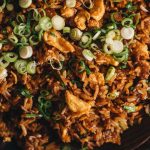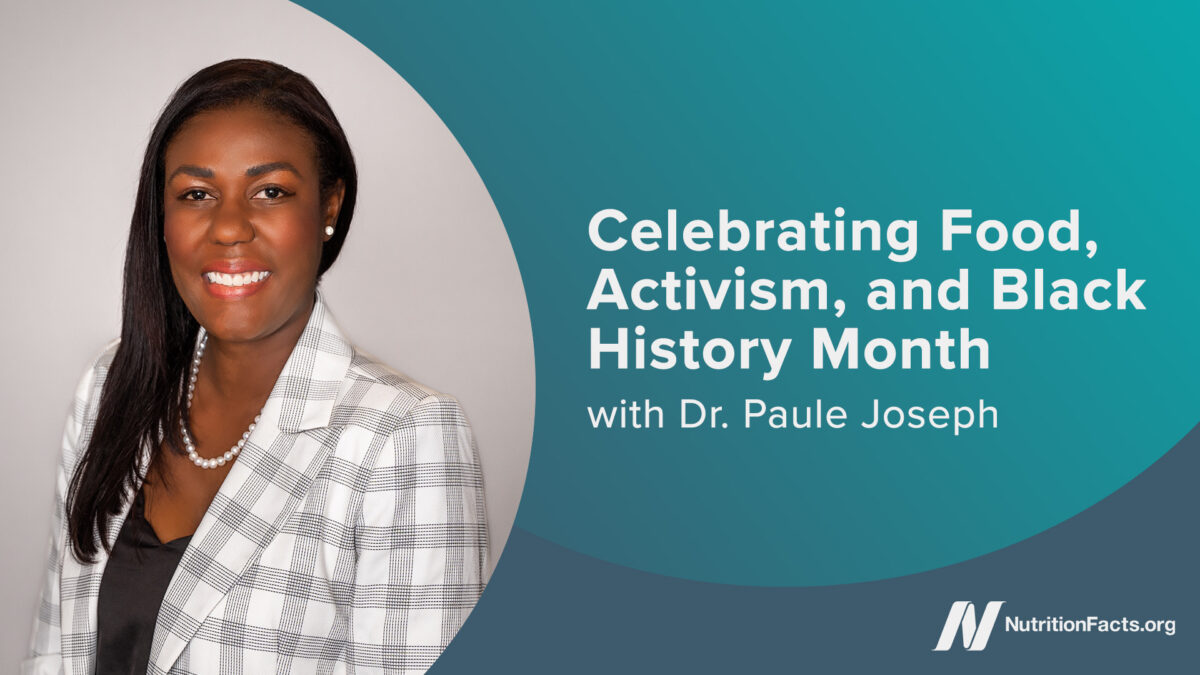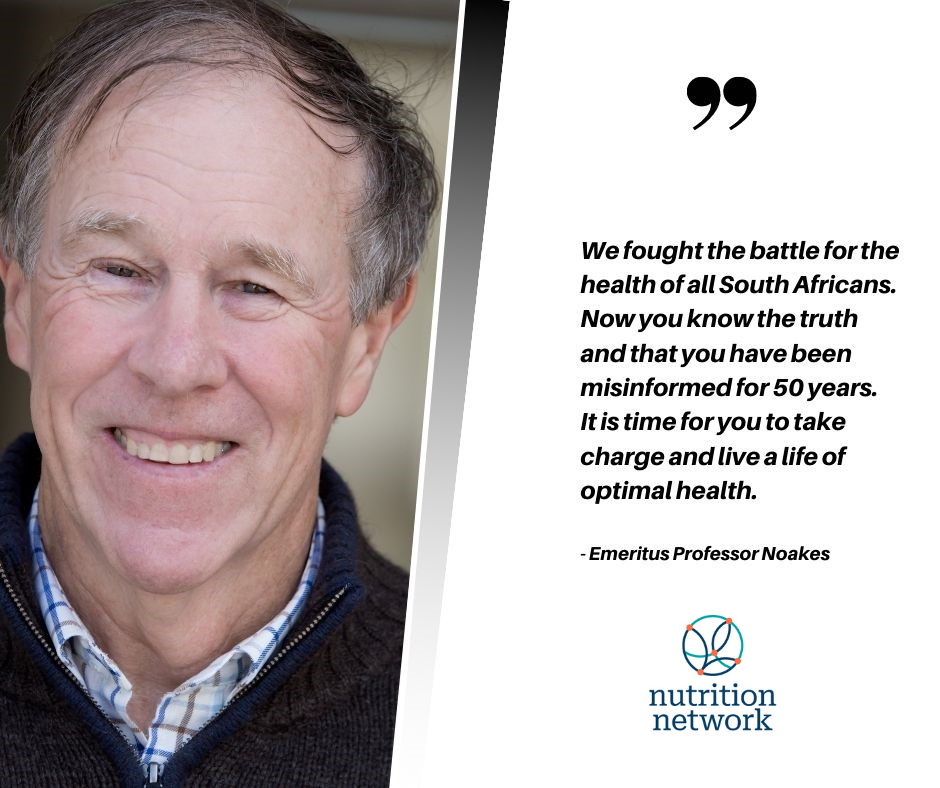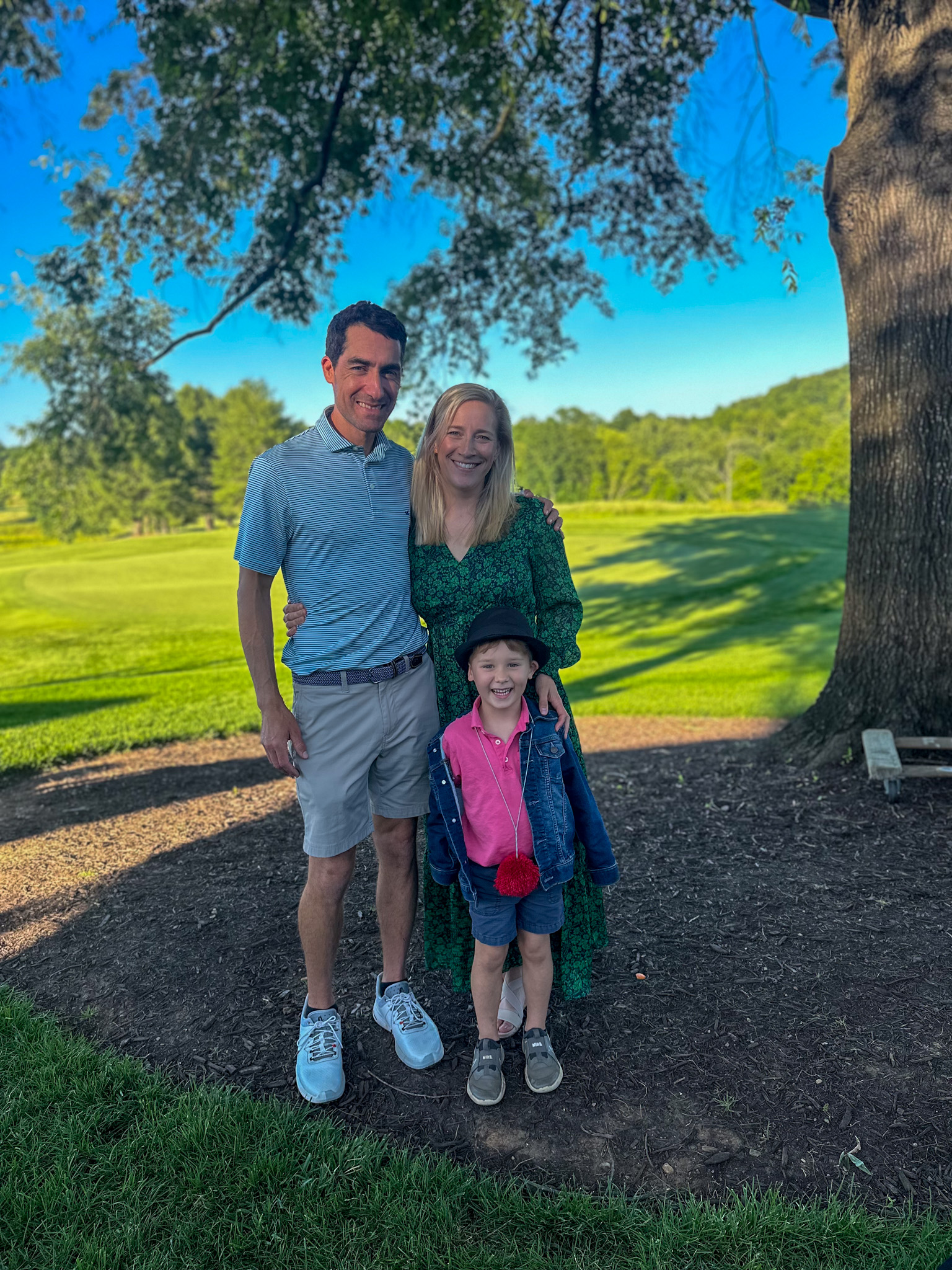We had the pleasure of talking with Dr. Paule Joseph about her work, food, activism, public health, and Black History Month. We hope you enjoy this interview.
Please tell us a little bit about your work and career.
I am Dr. Paule Joseph, a dedicated nurse scientist and educator. My career is a fusion of clinical practice, research, and education, focusing on the intersection of sensory science, nutrition, and health.
I am passionate about exploring how our senses, especially taste and smell, influence food choices, and how this impacts overall health, especially in the context of metabolic diseases. My work aims to deepen understanding in these areas to foster better health outcomes. My career has been a journey of combining nursing, science, and research to develop innovative strategies for health promotion and disease prevention. My research often delves into the cultural and historical aspects of food, examining how they shape our dietary choices and impact our health. Additionally, I’m deeply involved in education, aiming to bridge gaps in knowledge and foster a more comprehensive understanding of nutrition’s role in health.
How do you educate people about the intersection of food, history, health, activism, and culture?
Education on this intersection is multifaceted. I integrate academic research with community engagement, utilizing platforms like seminars, workshops, and social media to disseminate information. It is important to integrate historical perspectives to highlight how cultural practices and traditions have shaped current dietary habits. By giving talks and participating in community events, I aim to raise awareness about the impact of food choices on health. Activism plays a crucial role, as I advocate for equitable access to healthy food options, particularly in underserved communities.
As a nurse scientist and educator, what do you envision as the way forward to encourage people to include more fruits and vegetables into their diets, and what health impact may this have?
As a nurse and a scientist, I believe that the way forward involves a combination of education, accessibility, and personalized approaches. It’s vital to educate communities about the nutritional benefits of fruits and vegetables, using relatable and practical advice. Personalizing dietary advice to consider individual tastes, cultural backgrounds, and lifestyles can greatly enhance adherence. Simultaneously, we must work towards improving access to fresh produce, especially in food deserts. Community gardens, nutrition education programs in schools, and collaborations with local farmers can play a significant role in this. Increasing fruit and vegetable intake can lead to significant health improvements, including reduced risk of chronic diseases such as obesity and high blood pressure.
What key message would you like to share with our audience about nutrition and public health?
Nutrition is a cornerstone of public health. A balanced diet that is rich in diverse nutrients is essential for preventing chronic diseases and maintaining overall health. It’s crucial to understand the role of diet in health and to make informed food choices. It’s essential to understand the cultural and socioeconomic factors that influence dietary choices, work towards creating a society where healthy food options are accessible and affordable for everyone, and advocate for policies that ensure everyone has access to nutritious food. Public health strategies should include comprehensive nutritional education and policies that ensure equitable access to healthy food options for all communities.
What does Black History Month mean to you, and how is it significant to the work you do?
Black History Month holds profound significance for me for reflection and celebration. It’s a time to reflect on the contributions and struggles of Black individuals throughout history, including around food and health. It’s an opportunity to honor the rich heritage and contributions of the Black community, including in the fields of science and healthcare. My work is influenced by this legacy, as I strive to address health disparities and honor the rich culinary traditions that have shaped Black culture. This month reinforces my commitment to advocate for health equity and cultural understanding in nutrition. It’s a reminder of the importance of culturally sensitive research and practice, and the need to amplify diverse voices in health sciences. It’s a time to honor past achievements and recommit to advancing health equity and nutritional well-being in the Black community.
For more information about my work and latest updates, visit my website and follow me on social media at IG @Dr_paulejoseph, X @Dr_paulevj, Tiktok @drpaulevj, Threads dr_paulejoseph, LinkedIn, and Facebook.




